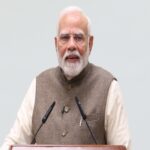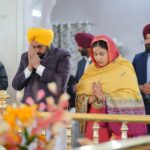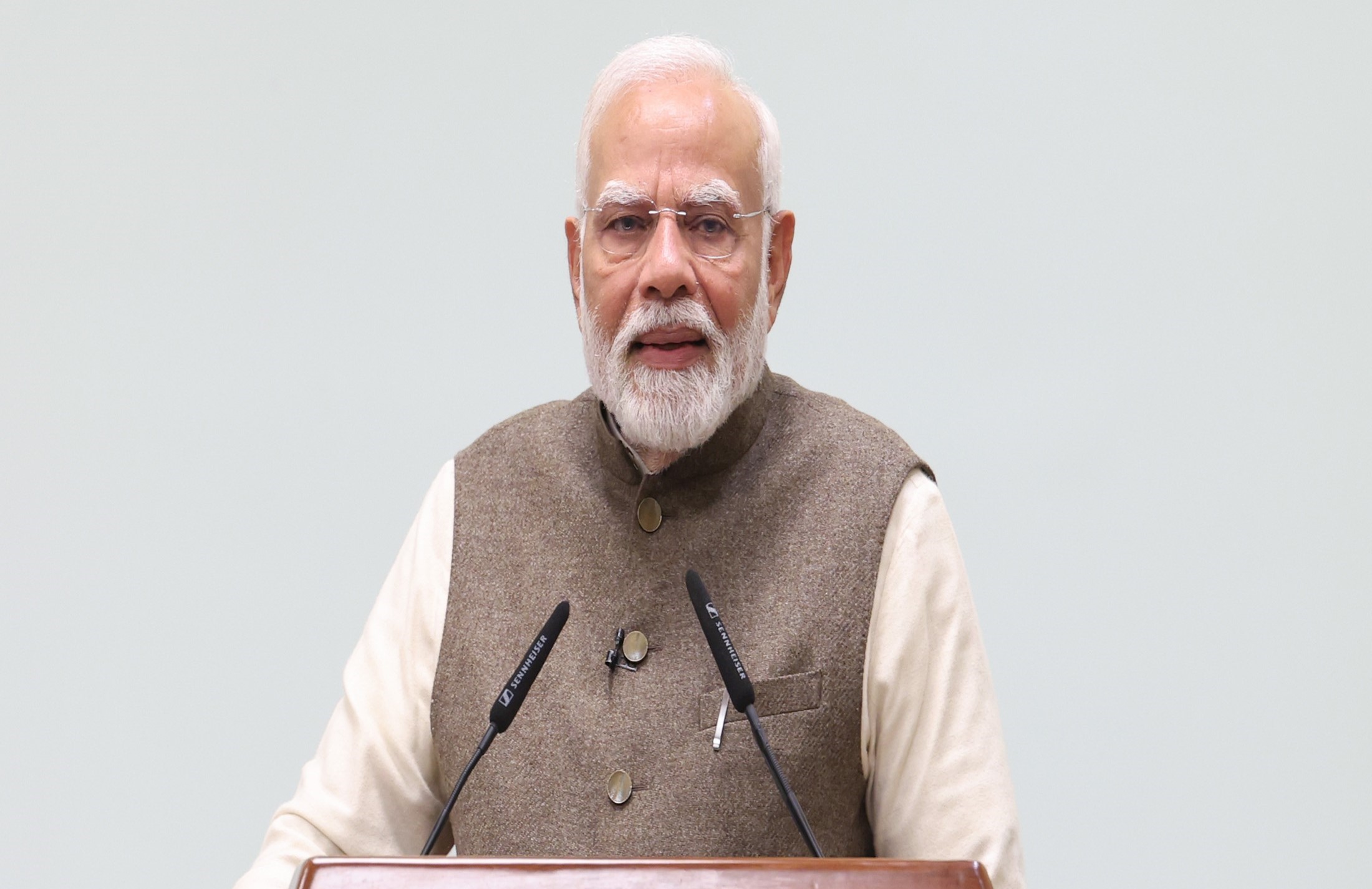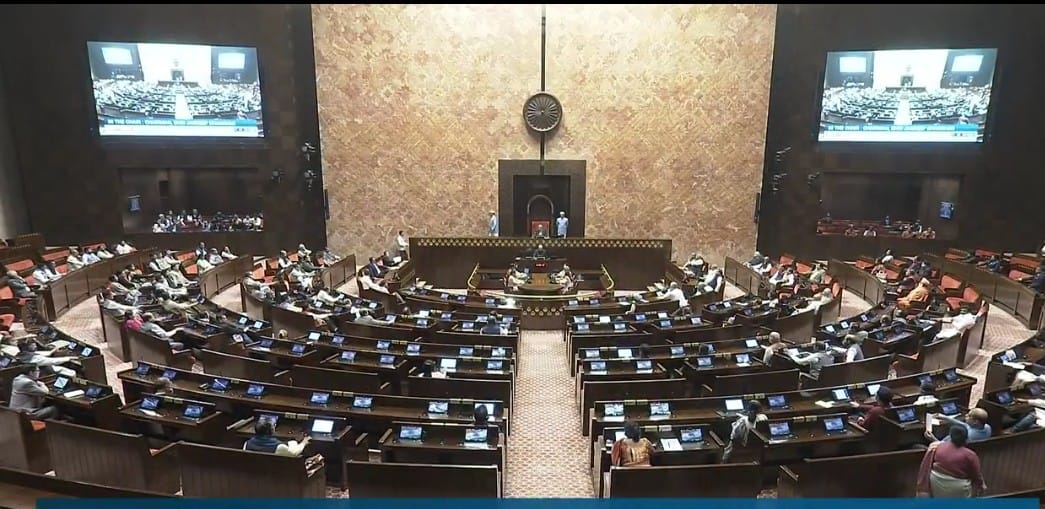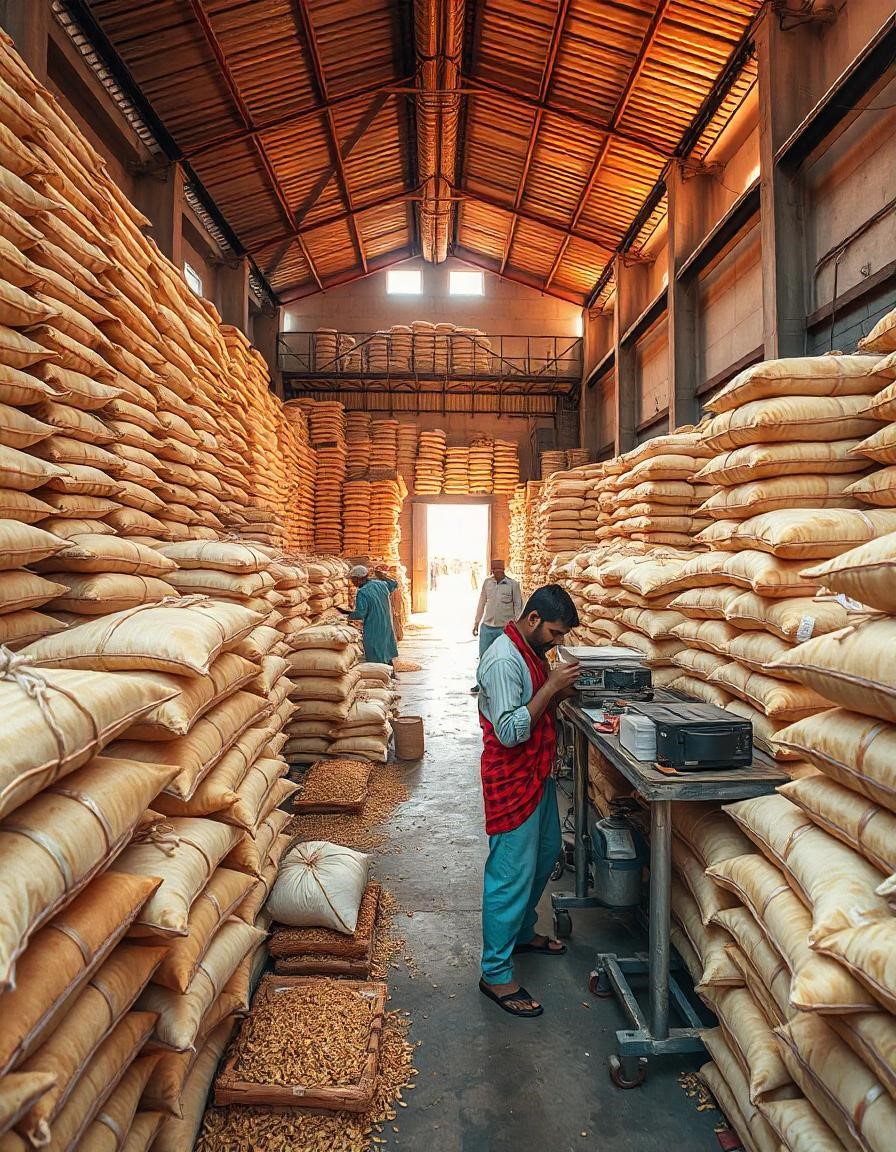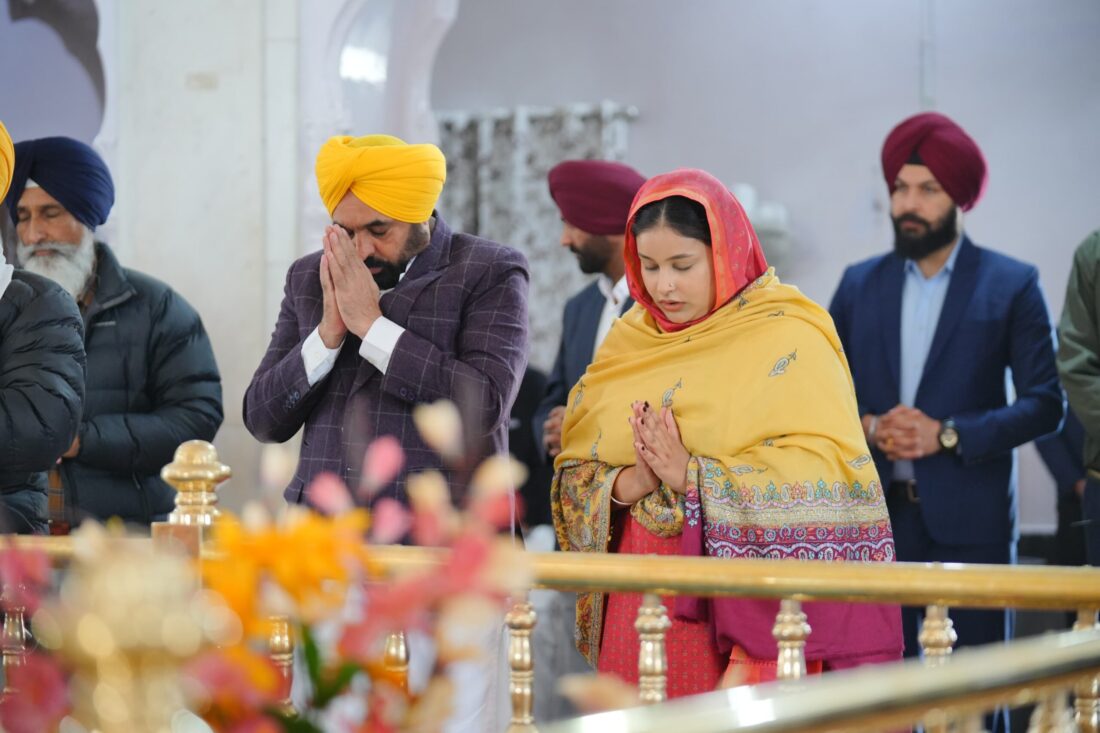North News
New Delhi, December 11
Prime Minister Narendra Modi released the compendium of the complete works of renowned Tamil poet and freedom fighter Subramania Bharati at his residence, 7 Lok Kalyan Marg, on Monday. The release coincided with Bharati’s birth anniversary and Gita Jayanti, marking a significant moment in the celebration of India’s cultural heritage and the pride of Tamil Nadu.
PM Modi praised the monumental six-decade effort behind compiling Kaala Varisaiyil Bharathiyar Padaippugal in 21 volumes, a work carried out by Seeni Vishwanathan. He likened this dedication to the scholarly work of Maha-Mahopadhyay Pandurang Vaman Kane, who spent 35 years writing the History of Dharmashastra. Modi expressed confidence that Vishwanathan’s work would become a benchmark in academic circles and congratulated him for his tireless commitment.
The Prime Minister explained that the collection not only covers Bharati’s literary works but also provides in-depth background, philosophical insights, and commentary, which will be invaluable for researchers and intellectuals. Modi highlighted Bharati’s faith in the teachings of the Bhagavad Gita, noting that he had translated the Gita into Tamil, making its wisdom accessible to all.
Modi discussed the significance of Shabda Brahma (the power of words) in Indian philosophy, emphasizing the timeless value of preserving the thoughts of thinkers like Bharati, Swami Vivekananda, Dr. Babasaheb Ambedkar, and Deen Dayal Upadhyay. He noted that efforts were underway to translate the Thirukkural into multiple languages, underscoring India’s commitment to safeguarding its literary heritage.
The Prime Minister lauded Bharati as a visionary thinker whose contributions extended beyond Tamil Nadu. He described Bharati as a tireless advocate for India’s independence, youth empowerment, and women’s rights. Bharati’s deep faith in science and innovation was also highlighted, with Modi citing his vision of a device that would connect the people of Kashi and Kanchi, a prophecy now being realized through India’s Digital India initiative.
Modi also recalled Bharati’s time in Kashi, which left a lasting influence on his life and work. He added that the establishment of a chair dedicated to Bharati’s contributions at Banaras Hindu University further cemented the connection between the poet and the city.
In his tribute, Modi acknowledged Bharati’s vast contributions to India’s cultural, intellectual, and social fabric, quoting his powerful words that continue to resonate: “When will this thirst for freedom be quenched? When will our infatuation with servitude end?”



